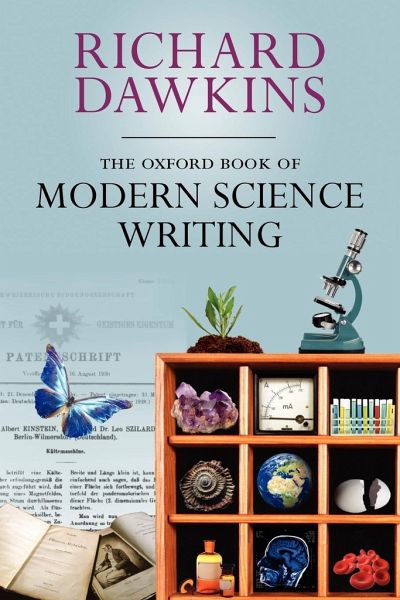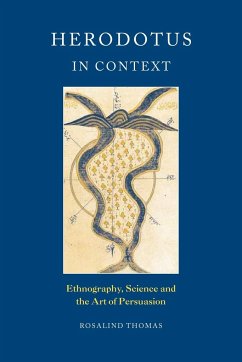
The Oxford Book of Modern Science Writing
Versandkostenfrei!
Versandfertig in 1-2 Wochen
20,99 €
inkl. MwSt.

PAYBACK Punkte
10 °P sammeln!
Selected and introduced by Richard Dawkins, 'The Oxford Book of Modern Science Writing'i is a rich and vibrant anthology celebrating the finest writing by scientists for a wider audience - revealing that the best scientists have displayed as much imagination and skill with the pen as they have in the laboratory.Target group: anyone with an interest in science and literature, including - but not limited to - readers of popular science; scientists, both professional and undergraduate; those interested in the history of science; writers; students of literature; and others from non-scientific back...
Selected and introduced by Richard Dawkins, 'The Oxford Book of Modern Science Writing'i is a rich and vibrant anthology celebrating the finest writing by scientists for a wider audience - revealing that the best scientists have displayed as much imagination and skill with the pen as they have in the laboratory.
Target group: anyone with an interest in science and literature, including - but not limited to - readers of popular science; scientists, both professional and undergraduate; those interested in the history of science; writers; students of literature; and others from non-scientific backgrounds.
Target group: anyone with an interest in science and literature, including - but not limited to - readers of popular science; scientists, both professional and undergraduate; those interested in the history of science; writers; students of literature; and others from non-scientific backgrounds.












